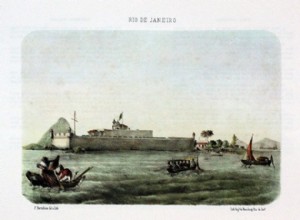Rui Barbosa was a Brazilian intellectual, politician, lawyer, journalist, diplomat, speaker and writer. One of the most important figures in the history of Brazil, he participated in the founding of the Academia Brasileira de Letras (ABL), of which he was president, after the death of Machado de As




